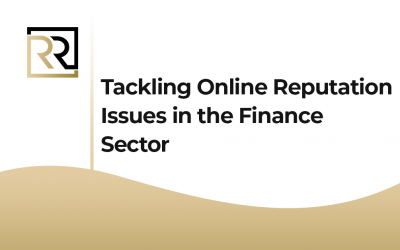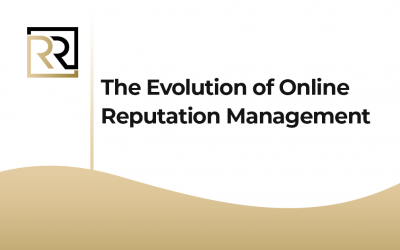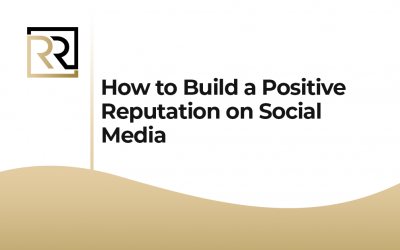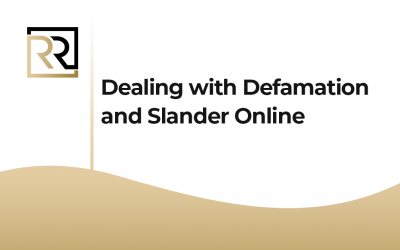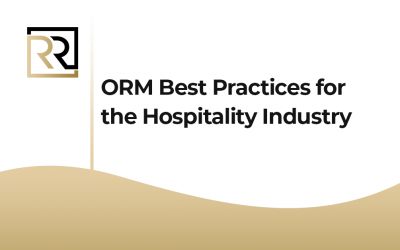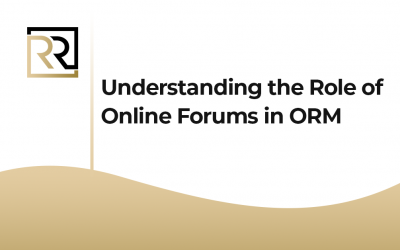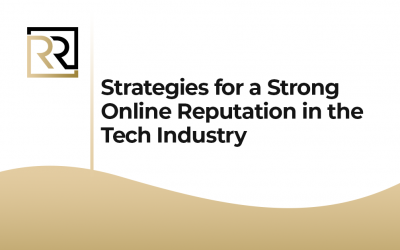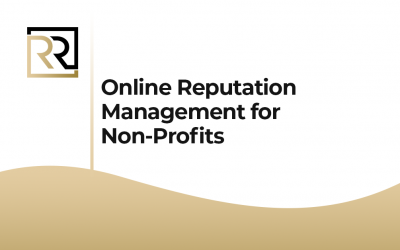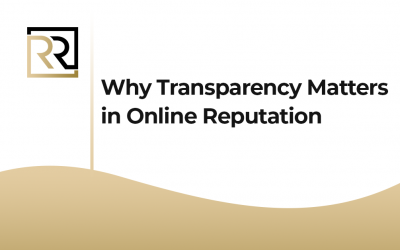Further, in the digital age, where online reputation management (ORM) plays a crucial role in shaping perceptions and influencing decisions, leveraging analytics is essential for maximizing the effectiveness of your ORM efforts. Moreover, by harnessing the power of data-driven insights, businesses and individuals can gain valuable intelligence into their online reputation, identify areas for improvement, and optimize their strategies for greater success. Thus, in this article, we’ll explore how analytics can be used to maximize your ORM efforts, providing actionable tips and strategies for leveraging data to enhance your online reputation.
Maximizing Your ORM Efforts
1. Understanding ORM Analytics
Firstly, ORM analytics involves the collection, analysis, and interpretation of data related to your online reputation. This includes monitoring mentions of your brand or name across various online platforms, tracking sentiment trends, analyzing engagement metrics, and measuring the impact of your ORM strategies. Ultimately, by gaining insights into how your brand is perceived online, you can make informed decisions and take proactive steps to manage and improve your reputation.
2. Monitoring Online Mentions
Secondly, one of the primary functions of ORM analytics is to monitor online mentions of your brand, name, or relevant keywords. Therefore, utilize online monitoring tools or social media listening platforms to track mentions across social media channels, review sites, forums, blogs, and news articles. Additionally, pay attention to the volume and sentiment of mentions, identify key influencers or detractors, and track trends over time. Besides, by staying informed about what is being said about your brand online, you can identify potential reputation risks and take appropriate action.
3. Analyzing Sentiment Trends
Essentially, analyzing sentiment trends is another critical aspect of ORM analytics. Besides, by tracking the sentiment of online mentions (positive, negative, or neutral), you can gauge how your brand is perceived by your audience. Therefore, look for patterns or trends in sentiment data, and identify factors that may be influencing perceptions of your brand. Moreover, use sentiment analysis to identify areas for improvement, address negative sentiment proactively, and capitalize on positive sentiment to enhance your reputation.
4. Measuring Engagement Metrics
For example, engagement metrics, such as likes, shares, comments, and mentions, provide valuable insights into how your audience is interacting with your brand online. So, analyze engagement metrics across different social media platforms, blog posts, and other digital channels to assess the effectiveness of your content and engagement strategies. Chiefly, identify which types of content resonate most with your audience, and tailor your content strategy accordingly. Besides, by measuring engagement metrics, you can optimize your content and engagement tactics for maximum impact.
5. Tracking Brand Reputation Over Time
Overall, tracking your brand reputation over time is essential for evaluating the effectiveness of your ORM efforts and identifying trends or patterns in online sentiment. Additionally, use historical data to track changes in sentiment, engagement, and brand perception over time. Thus, identify any spikes or fluctuations in online mentions, and correlate them with specific events or marketing initiatives. Basically, by tracking brand reputation over time, you can identify areas of strength and weakness and adjust your ORM strategies accordingly.
6. Benchmarking Against Competitors
Further, benchmarking your online reputation against competitors is a valuable strategy for gaining insights into your market position and identifying areas for improvement. Altogether, compare key ORM metrics, such as sentiment, engagement, and online visibility, against those of your competitors. Also, identify areas where your competitors may be outperforming you and look for opportunities to differentiate your brand and improve your reputation. By benchmarking against competitors, you can identify best practices and develop strategies to stay ahead in the competitive landscape.
7. Iterating and Optimizing Strategies
Finally, use the insights gained from ORM analytics to iterate and optimize your ORM strategies continually. Further, experiment with different content formats, engagement tactics, and messaging strategies to see what resonates most with your audience. Also, monitor the impact of your changes on key ORM metrics, and adjust your strategies accordingly. Besides, by adopting a data-driven approach to ORM, you can continuously refine and improve your efforts for maximum effectiveness.
Maximizing Your ORM Efforts: Conclusion
Maximizing your ORM efforts with analytics is essential for managing and enhancing your online reputation effectively. Therefore, by monitoring online mentions, analyzing sentiment trends, measuring engagement metrics, tracking brand reputation over time, benchmarking against competitors, and iterating and optimizing strategies based on data-driven insights, you can gain a deeper understanding of your online reputation and take proactive steps to improve it. Chiefly, embrace the power of ORM analytics, and watch your online reputation flourish in the digital landscape.
Take care of your online reputation repair with us.
Services
Our Services
Search Engine Content Removal
Social Media Content Removal
Positive Content Creation
Online Reviews Optimization
Search Results Optimization
Learn
Our Blog
Tackling Online Reputation Issues in the Finance Sector
Strategies for Online Reputation Issues in the Finance Sector Further, in the finance sector, where trust and credibility are paramount, managing online reputation is of utmost importance....
The Evolution of Online Reputation Management
The Evolution of Online Reputation Management In the dynamic landscape of the internet, where information travels at lightning speed and perceptions can change in an instant, the evolution of...
How to Build a Positive Reputation on Social Media
How to Build a Positive Reputation on Social Media Further, in today's digital world, social media has become a powerful tool for personal branding, business promotion, and community...
Dealing with Defamation and Slander Online
Defamation and Slander Online In the digital age, where information spreads rapidly across online platforms, individuals and businesses are increasingly vulnerable to defamation and slander...
ORM Best Practices for the Hospitality Industry
ORM Best Practices for the Hospitality Industry ORM Best Practices for the Hospitality Industry, where guest experiences and perceptions can make or break a business, effective online...
Understanding the Role of Online Forums in ORM
The Role of Online Forums in ORM The role of online forums in ORM, in the digital realm, where conversations unfold across various platforms, online forums have emerged as influential...
Strategies for a Strong Online Reputation in the Tech Industry
Strong Online Reputation in the Tech Industry Further, in the fast-paced and ever-evolving landscape of the technology industry, maintaining a strong online reputation is essential for...
Online Reputation Management for Non-Profits
Online Reputation Management for Non-Profits Further, in the digital age, where information travels at the speed of a click, Reputation Management for Non-Profits is not just a concern for...
Why Transparency Matters in Online Reputation
Transparency in Online Reputation Understanding Why Transparency in Online Reputation Matters. Further, in the dynamic digital landscape, where information flows freely, establishing and maintaining...



